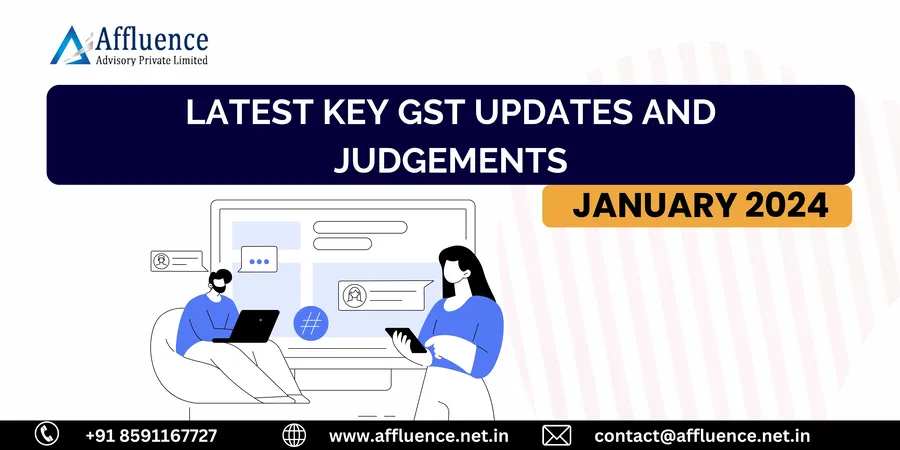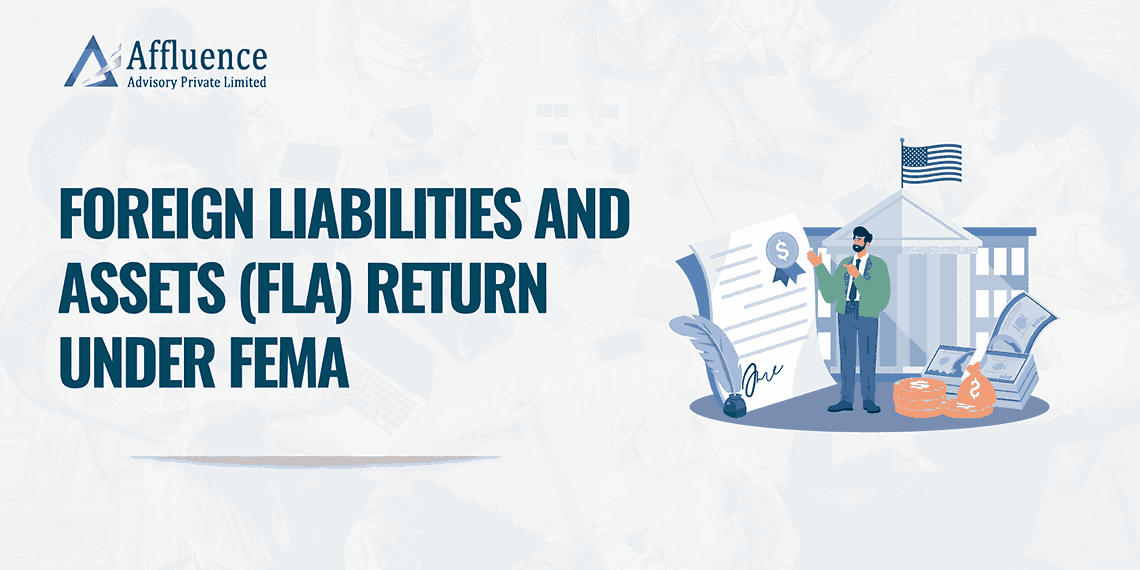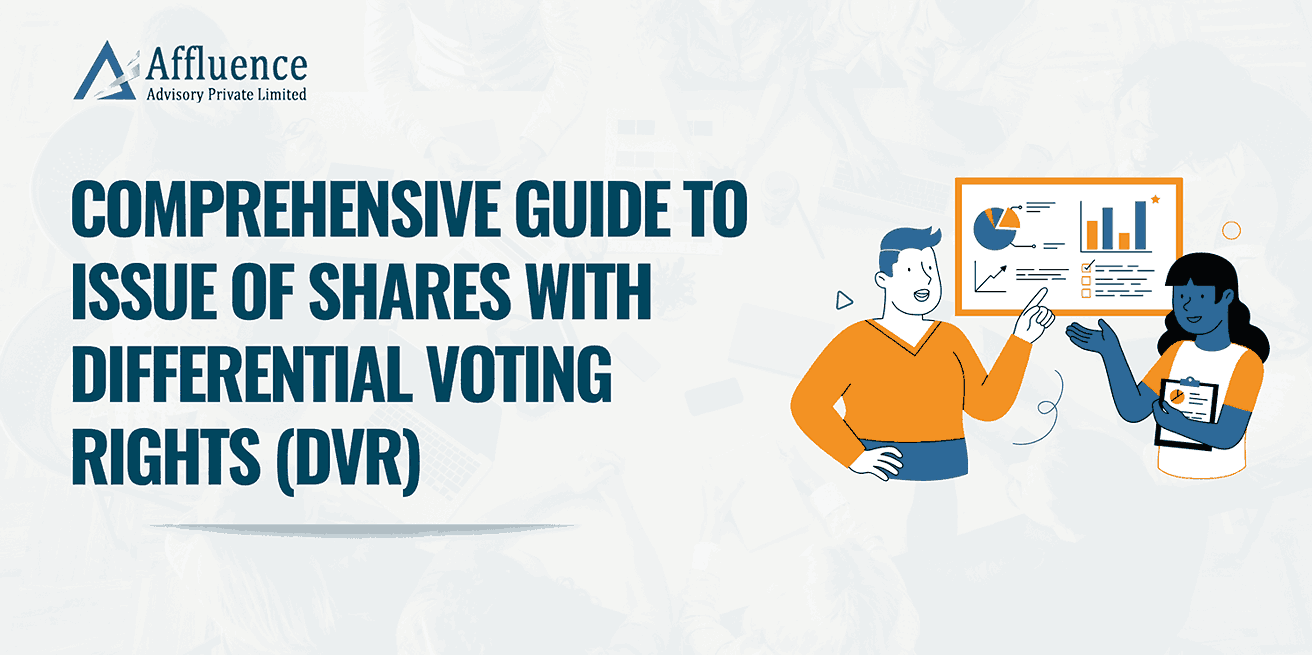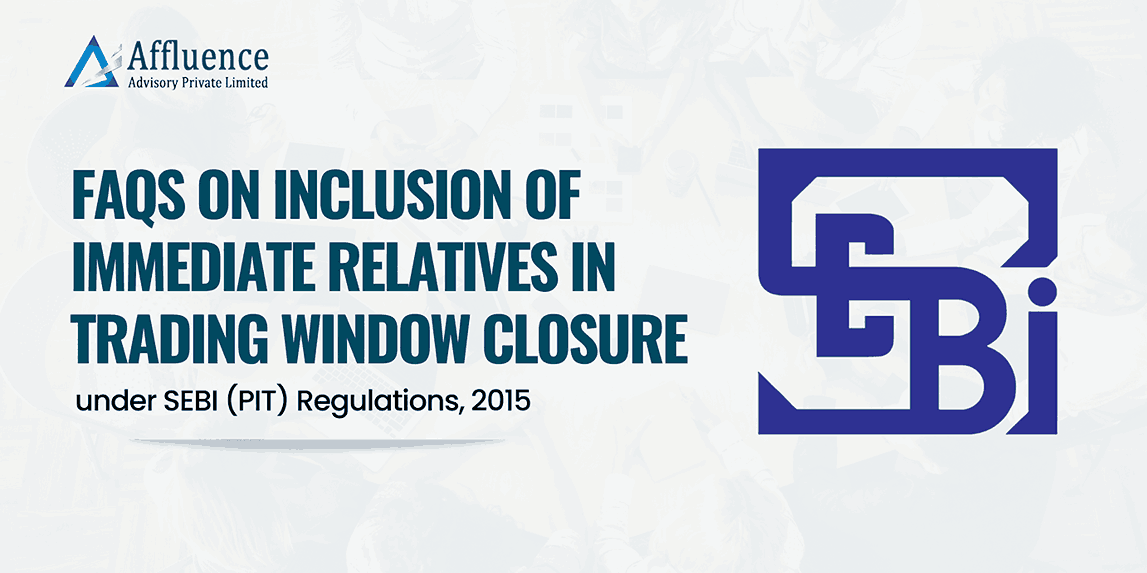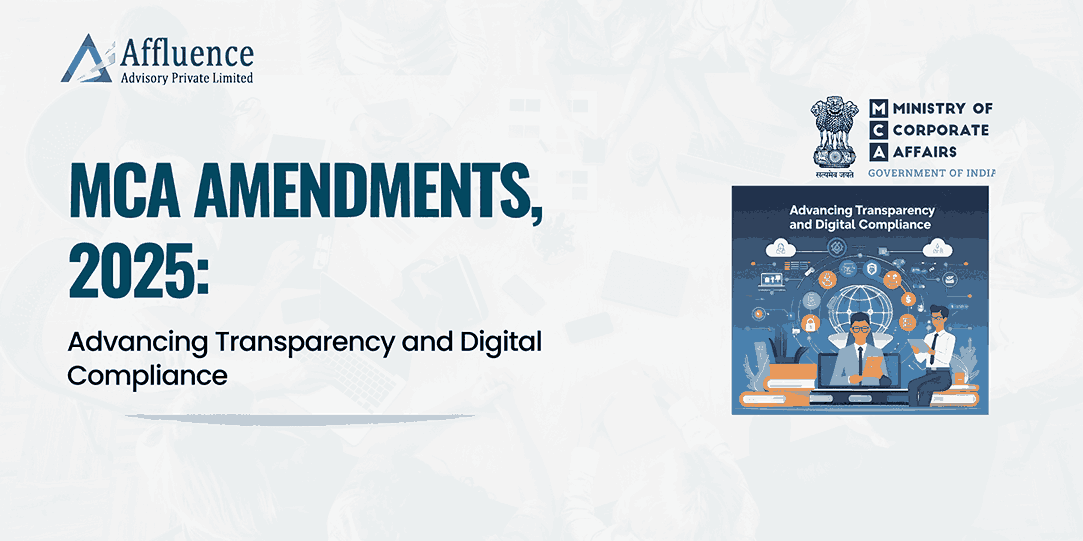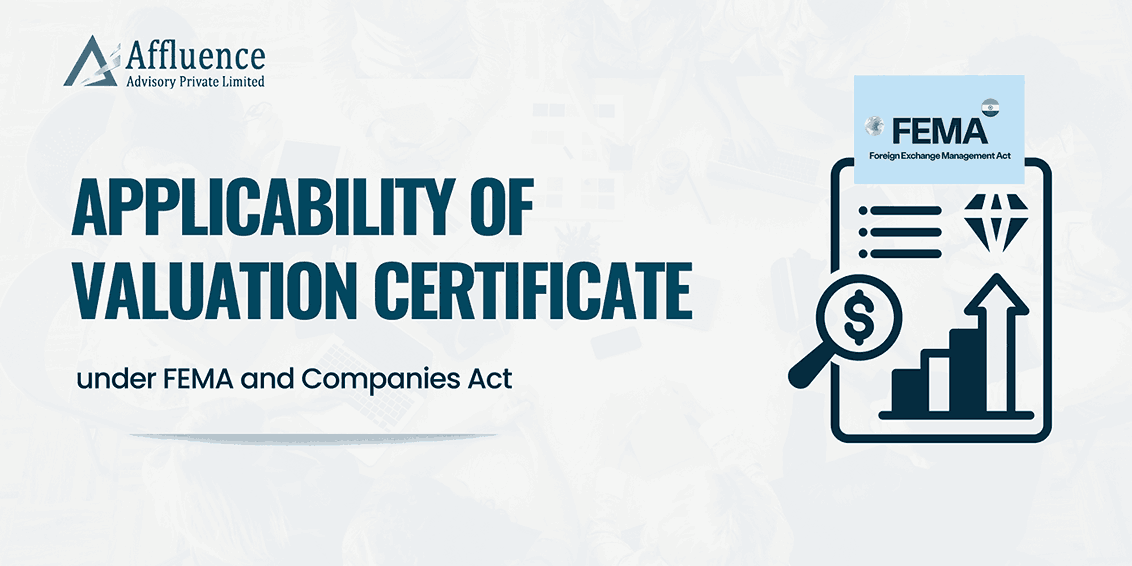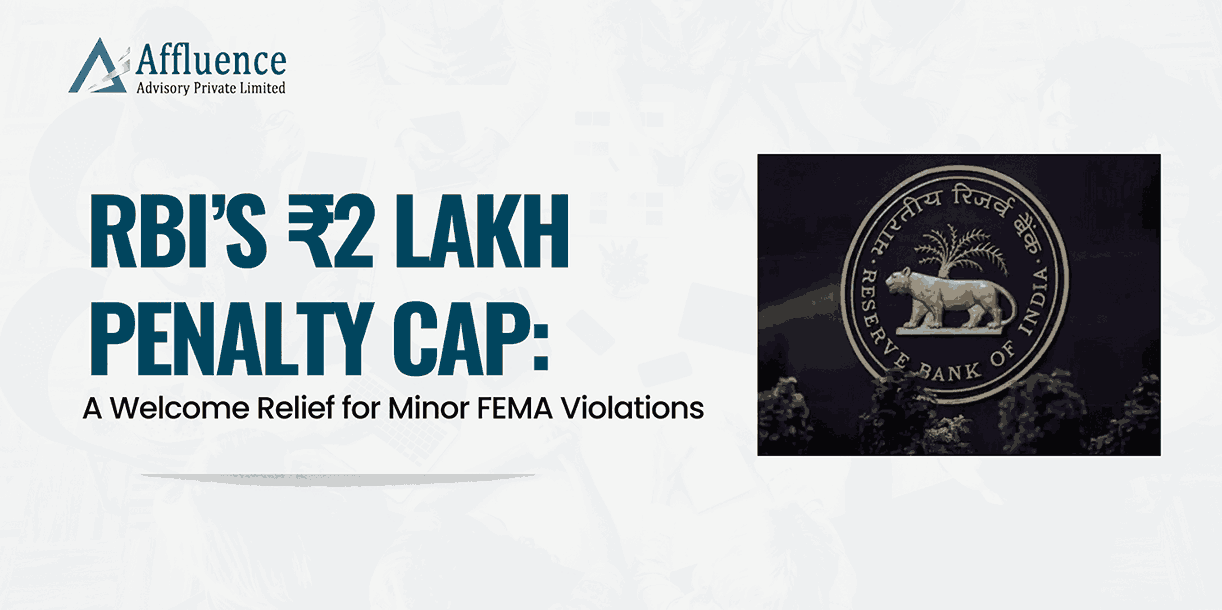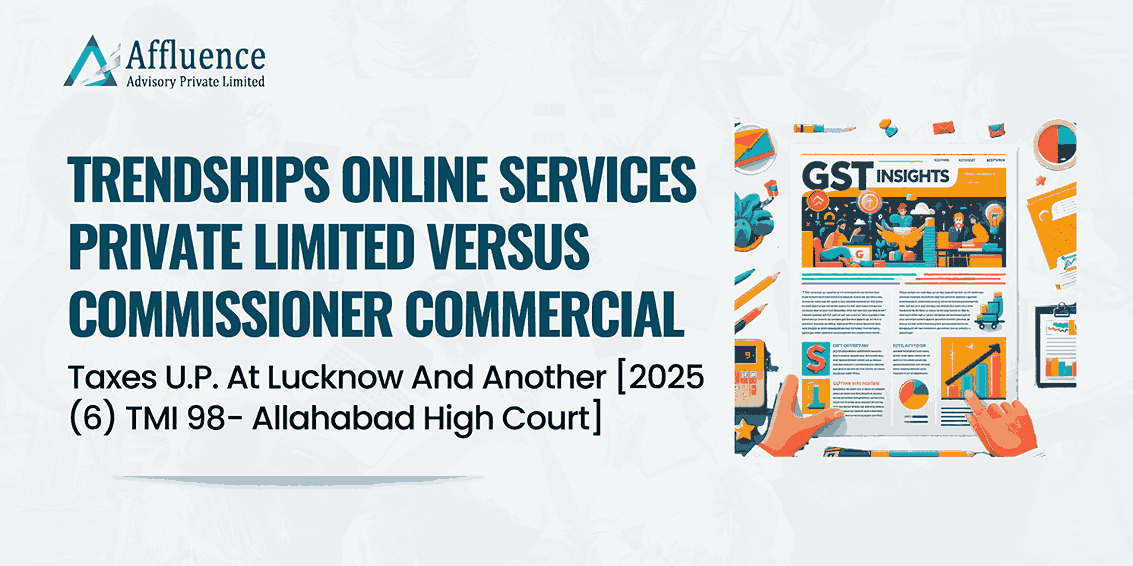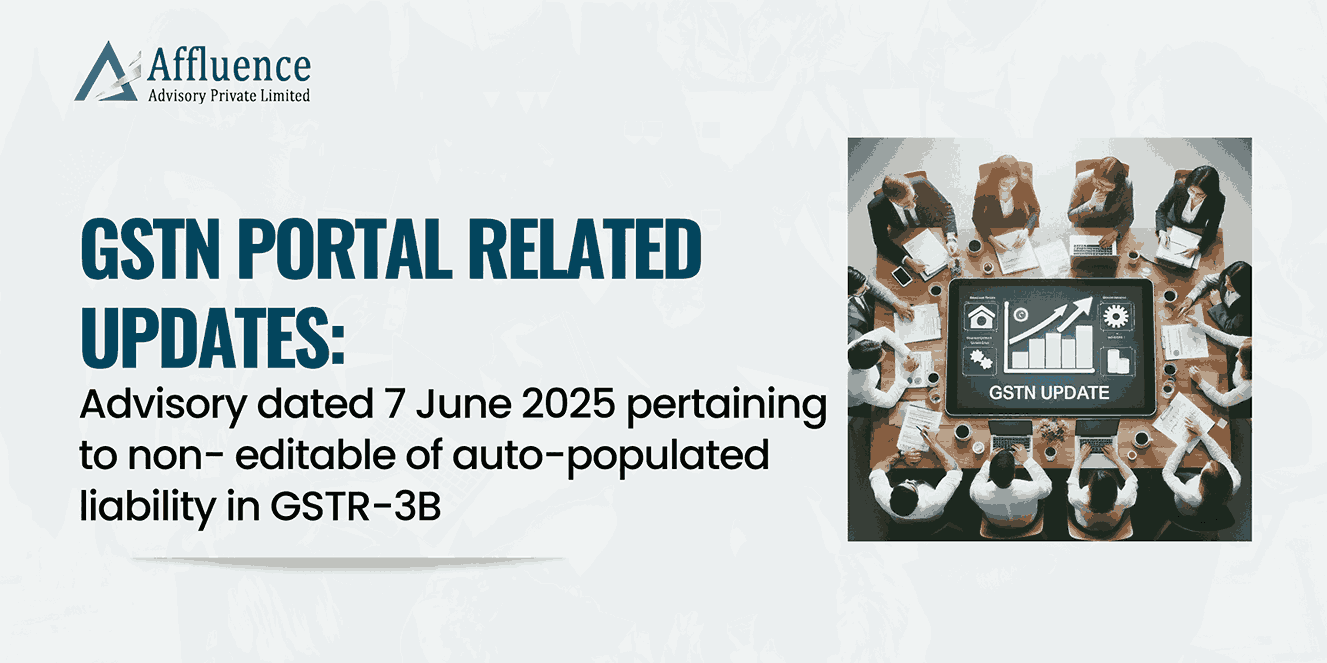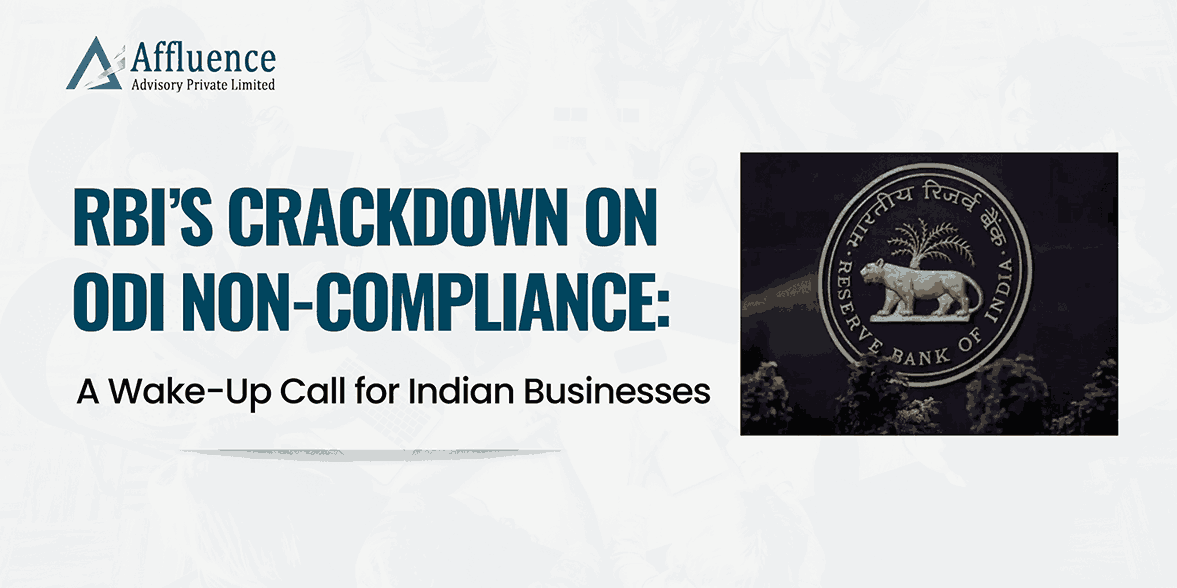Explore the latest GST updates and uncover insights into the notifications, and legal judgments from January 2024.
Relevant GST updates :
- Advisory for furnishing bank account details by registered taxpayers under Rule 10A of the CGST Rules, 2017
In the said advisory, emphasis has been made on mandatory submission of bank account details (as provided in GST Law) by all registered taxpayers within 30 days of grant of registration or before the due date of filing GSTR-1/IFF, whichever is earlier. Also the advisory talks about the new functionality being developed and shall be deployed in the future, which is as follows:-
- Failure to furnish the bank account in the stipulated time: It would result into following:
- Taxpayer registration would get suspended after 30 days and intimation in FORM REG-31 will be issued to the Taxpayer.
- Taxpayer shall be debarred from filing any further GSTR-1/IFF.
- Revocation of Suspension: If the taxpayer updates their bank account details in response to the intimation in FORM REG-31, the suspension will be automatically revoked.
- Cancellation of Registration: If the bank account details are not updated even after 30 days of issuance of FORM REG-31, the registration after suspension may also be taken up for cancellation process by the Officer.
- Advisory on Payment through Credit Card (CC)/Debit Card (DC) and Unified Payments Interface (UPI)
In order to facilitate the taxpayer in payment of tax, two new modes of payment have now been provided under ‘e-payment’ tab in addition to net-banking. The same are Cards and Unified Payments Interface (UPI). Cards facility includes Credit Card (CC) and Debit Card (DC) namely Mastercard, Visa, RuPay, Diners (CC only) issued by any Indian bank.
- Advisory on introduction of new Tables 14 & 15 in GSTR-1:
This advisory talks about the introduction of new tables in GSTR-1 for capturing details related to supplies made through e-commerce operators. In light of Notification No. 26/2022 – Central Tax dated 26th December 2022, two new tables i.e. Table 14 and Table 15 were added in GSTR-1. Now the details of the supplies made through e-commerce operators (ECO) on which e-commerce operators are liable to collect tax under section 52 of the Act or liable to pay tax u/s 9(5) needs to be reported in this table. These two new tables will be available in GSTR-1/IFF from January 2024 onwards.
The complete advisory is attached herewith.
Relevant Judgements:
TVL. RAJA STORES, REPRESENTED BY ITS PARTNER MR. PITCHAI NADAR VERSUS THE ASSISTANT COMMISSIONER (ST) [2023 (8) TMI 1089- Madras High Court]
In this case, the petitioner had cancelled his GST registration owing to closure of business. Department issued a notice for conducting GST Audit for the period during which GST registration was active. In the said regard, Madras HC held that GST Audit cannot be conducted of an unregistered person i.e. once registration is cancelled. Also, HC observed that since Section 65 of CGST Act provides for periodical audit to be conducted of registered person and department have failed to conduct audit for all such periods, they cannot suddenly wake up and conduct an audit. However, department can still initiate assessment proceedings in terms of Section 73 or 74 of CGST Act.
JBR CONSTRUCTIONS PRIVATE LIMITED V. UOI, & ORS [2024 (1) TMI 319- Andhra Pradesh High Court]
In this case, petitioner has approached High Court to condone the delay beyond the period prescribed under Section 107 of the CGST Act, 2017 i.e. initial period of 3 months from date of service of Order and additional one month after the said period of 3 months. HC observed that due to unavoidable circumstances i.e. petitioner suffered from severe ill health of the petitioner (supported by medical prescriptions) and the tax amount involved, the petitioner could not file an appeal within the timeline prescribed under Section 107 of CGST Act. Therefore, HC in the interest of justice has condoned the delay in filing of appeal with the condition that petitioner shall deposit 20% of disputed tax.
M/S. NEW INDIA ACID BARODA PVT. LTD. VERSUS UNION OF INDIA [2024 (1) TMI 128- Gujarat High Court]
The petitioner in this case had questioned the constitutional validity of Notification 9 of 2023 Central Tax dated 31 March 2023. The said Notification talks about extending the time limit for issuance of Order under Section 73(9) of the CGST Act, 2017 for the period July 2017 to March 2018, FY 18-19 and FY 19-20, in terms of the powers laid under Section 168A of the Act. In this case, relying on the extension provided under the said Notification, a show cause notice was issued in the year 2022. The petitioner highlighted that after the year 2022 there was no COVID Pandemic in existence and accordingly the provisions of Section 168A of the CGST Act, 2017 shall not apply. Further, the petitioner also drew attention to the fact at time of issuance of the captioned Notification no such eventualities as mentioned in the explanation to Section 168A of the CGST Act existed and therefore such extension is not sustainable in law. High Court has stayed the issuance of final Order till next hearing by way of ad-interim relief.
It shall be crucial to follow the final outcome of this judgement considering that a subsequent notification has been issued for the period FY 2018-19 and 2019-20. (Notification No. 56/2023- Central tax dated 28 December 2023)
NEELKANTH METAL VERSUS UOI & Anr [2024 (1) TMI 234- Delhi High Court]
In this case, the show cause notice alleges that the registration was obtained by means of fraud, wilful mis-statement or suppression of facts and thus is liable to be cancelled. However, the same was bereft of any reasons or particulars substantiating the said contention. The Hon’ble Delhi High Court held that the Show Cause Notice must clearly set out the reasons to propose such an adverse action, so as to enable the Noticee to meet the said allegations. Hence, the SCN is incapable of eliciting any meaningful response. Therefore, the same is liable to be set-aside. Consequently, HC directed that the suspension of petitioner’s registration shall be lifted.
Further, High Court held stated in case the department propose to take any action for cancellation of petitioner’s registration, it can do so in accordance with law. A proper SCN shall be required to be issued and take appropriate action after providing a reasonable opportunity of being heard to the Petitioner.
M/s R.C. INFRA DIGITAL SOLUTIONS V. UOI & Ors. [2024 (1) TMI 287- Allahabad High Court]
In this case, the fulcrum of the case revolved around the validity of Notification No. 14/2014 issued by the CBIC dated 1/07/2017. The said Notification dealt with the appointment of DGGI officers as Central tax officers and the powers invested in them. The petitioner challenged the said Notification on the grounds of Section 3, Section 5, Section 167 and 168 (2) of the CGST Act, 2017 of it being ultra-vires to the power of Central Government. The respondents highlighted the corrigendum dated 29/07/2019 amending the word ‘Central Board of Excise and Custom’ with “the Government” and made further submissions based on conjoint reading of Sections 3, 4, 5, 167 and 168(2). The Hon’ble Allahabad High Court held that as long as an authority has power, which is traceable to a source, the mere fact that source of power is not indicated or wrongly indicated in an instrument does not render the instrument invalid. Therefore, the captioned Notification is not ultra-vires to the powers provided to the Government under the CGST Act, 2017.
M/S. ROXY ENTERPRISES V. UNION OF INDIA & ORS. [2023-VIL-914-DEL]
In this case Petitioner’s registration was cancelled with retrospective effect on the contention that petitioner was not carrying on business from his declared principal place of business. The petitioner contended that he was carrying on business from its earlier place of business until 31.05.2023 even though the rent agreement got expired. Apparently, no physical verification had been carried of the petitioner’s earlier place of business until 31.05.2023. Appellate Authority while accepted that petitioner has shifted to new premises however rejected the petitioner’s appeal on the ground that petitioner could not substantiate that he was continuing to function from the earlier place of business till 31.05.2023. (Specifically for the period from 14.10.2022 (the date on which the earlier Rent Agreement expired) till 31.05.2023 (the date on which the Rent Agreement for the new premises had commenced) and thus, rejected the petitioner’s appeal for revocation of registration. Hon’ble High Court observed that there is no contest with respect to furnishing of lease agreement of new premises and the same could not be updated due to suspension of his registration. Therefore, HC directed that the authorities shall visit petitioner’s current address to verify whether the petitioner is occupying the said premises. In case he is occupying and operating from the said premises the petitioner’s registration shall be restored.
M/s. PBL TRANSPORT CORPORATION PVT. LTD. V. ASSISTANT COMMISSIONER & ORS. [2024(1) TMI 1440- Andhra Pradesh High Court]
Petitioner in this case has challenged the final audit reported issued without considering the submission made by him. Therefore, petitioner contended that there is violation of principle of natural justice. Hon’ble Andra Pradesh High Court observed that Sub-rule (4) of Rule 101 of the APGST/CGST Rules, 2017 provides that the proper officer shall consider the reply filed against the discrepancies communicated to him before finalizing the Audit report. Since in this case, the reply filed by petitioner against the discrepancies was not considered, there is violation of principle of natural justice. Therefore, the final audit report deserves to be quashed. The respondent is directed to consider the reply filed by petitioner and finalize the audit report.
SHRI VEERENDRA SINGH V. UNION OF INDIA & ORS. [2024 (1) TMI 477- Delhi High Court]
In this case, Delhi High Court held that it is a settled law that the statement recorded under Section 108 of the Customs Act is a material piece of evidence and can be used as substantive evidence. HC observed that the statements were retracted after a delay of 4 days. It also observed that the statements recorded in this case are consistent, the witnesses are supporting each other regarding the incident of recovery and such statements are further corroborated by the Panchnamas prepared at the spot which bear the signatures of the petitioner as also the Panch Witnesses. Therefore, HC held that the findings of revenue is correct in this case.
Further, HC in the said case discussed its power under writ jurisdiction. It stated that the High Court exercising power under the writ jurisdiction cannot assume unlimited prerogative to correct all species of hardship or wrong decisions. This exercise is restricted to grave dereliction of duty and flagrant abuse of fundamental principles of law and justice. The jurisdiction which the High Court exercises in the writs is neither original nor appealable. It is administrative and supervisory in nature. In the present writ petition, petitioner is assailing the impugned order passed in revision on the basis of appreciation of evidence only. The High Court while exercising the power under the writ jurisdiction cannot normally substitute its own conclusion.
M/s BALAJI EXIM VERSUS. COMMISSIONER CGST & ORS [2023 (12) TMI 1278- Delhi High Court]
In this case, HC Court initially passed an Order in favour of the petitioner directing that the petitioner claim for refund shall be processed. Additionally, it was stated that in the event the respondents were able to establish any allegation regarding non- supply of goods by the supplier, M/s Shruti Exports (the issue dealt in the Original Order) it would be open for the respondents to initiate such action as may be warranted in accordance with law.
The respondent filed the present writ petition seeking clarification of the original Order passed by this court. It was observed that the respondents have once again started the process of scrutinizing the refund application and have raised further objections. HC held that respondents seems to have taken it as liberty to start the process of examining the refund application once again and subjecting the petitioner to a similar process. This clearly was not intent of the judgment passed by it. It is not open for the respondents to successively keep issuing show cause notices and passing successive refund rejection order.
Further, High Court held that the Appellate Authority before whom appeal is filed is required to conclude the proceedings and pass an appropriate order either confirming, modifying or annulling the decision or the order appealed against, it cannot refer the case back to the adjudicating authority.
M/S EICHER MOTORS LTD. V. ASSISTANT COMM & ORS. [2024 (1) TMI 1111- Madras High Court]
In this case, the Madras HC dealt with the issue related to applicability of interest in case of deposit of tax in electronic cash ledger before the due date of GSTR-3B, though the said return was filed after the due date.
A summary of the view taken Hon’ble Madras High Court is as below:-
- In view of Section 39(1) of the CGST Act, in the monthly return forms it was mandatory to provide the details of tax paid, therefore, it was observed by the High Court that, the registered person needs to pay the tax prior to filing of Form GSTR-3B.
- The date of deposit through Form GST PMT-06 is the date of credit of GST to the Government account since in mode of payment column of the Form GST PMT-06 where details of beneficiary bank has to be entered, the name mentioned is that of Reserve Bank of India. Thus, High Court observed that that the tax can be remitted to the Government vide GST PMT-06 well before the filing of the monthly return in Form GSTR-3B.
- The credit to the account of the Government would always occur not later than the last date of filing of GSTR-3B i.e. on or before 20th of every month in terms of Section 39(7) of CGST Act.
- Once the amount is paid through Form GST PMT-06, the said amount will be initially credited to the account of the Government immediately upon deposit. Hence, the tax liability of a registered person will be discharged to the extent of the deposit made to the Government. Thereafter, for the purpose of accounting only, it will be deemed to be credited to the ECL as stated in the Explanation (a) to Section 49(11) of the Act
Also, Madras HC also referred to the judgement of Gujarat High Court in the case of Vishnu Aroma Pouching Pvt. Ltd. V. UOI [2020 (38) G.S.T.L 289 (Guj), and held that if the tax had been credited to the Government within the prescribed time limit the question of payment of Interest would not arise.
Further, Madras HC categorically stated that the judgements passed by Jharkhand High Court in case of RSB Transmission case and the Telangana High Court in case of Megha Engineering on similar issue is not in line with provisions of Act and Rules. Therefore, the same cannot be followed in present case.
INGRAM MICRO INDIA PVT. LTD. V. STATE TAX OFFICER [2024 (1) TMI 1103- Madras High Court]
The petitioner in this case received SCN with regard to non-payment to suppliers for a period exceeding 180 days. Petitioner contented that inspite of submission of all supporting documents including CA certificate, the impugned Order was issued on the basis of total trade payables. Counsel representing the department contended that total trade payable of the company were taken into consideration since the break-up of net trade payable relating to Tamil Nadu registration was not provided.
HC observed that under Companies Act 2013, company is required to file financial statements in respect of its entire operations and there is no provision for filing state-specific financial statements. In this case petitioner has submitted CA certificate stating the trade payable attributable to the State of Tamil Nadu. Also, counsel representing the petitioner submitted that the petitioner shall provide all invoices issued by supplier.
Therefore, HC held that assessing authority has not applied its mind while issuing the impugned Order wherein total trade payable was considered. The said impugned Order is liable to be quashed. Hence, the matter is remanded for reconsideration after taking into account all the submissions made by petitioner and reasonable opportunity is provided for hearing.
COMFORT SHOES COMPONENTS VS. ASSISTANT COMMISSIONER [2024 (1) TMI 2810- Madras High Court]
In this case, the department under Section 62 (1) of the CGST Act, 2017 had passed assessment Order for non-filing of returns by the petitioner within the prescribed time limit. HC held that if the returns are filed within 30 days of the service of assessment Order under Section 62(1) of CGST Act, the said Order would be deemed to have been withdrawn. However, the liability for payment of interest under Section 50(1) of CGST or late fee under Section 47 of CGST Act shall continue.
Further, HC held that the limitation of 30 days period prescribed under Section 62(2) of the Act is directory in nature. In case the assessee is not able to file the returns for the reasons which are beyond his control, certainly the said delay can be condoned. Thereafter, the assessee can be permitted to file the returns after payment of interest, penalty and other charges as applicable. At any cost, the right to file the returns cannot be taken away by contending that the petitioner has not filed any returns within a period of 30 days from the date of best judgement assessment Order. Thus, if any application is filed before the Authority concerned with sufficient reasons for non-filing of returns within the prescribed time limit as per section 62(2) of the Act, the same shall be considered on merits. If the Authority is satisfied with the said reasons, they can condone the delay and permit the petitioner to file the returns.
In this case since the petitioner failed to filed the application for condonation of delay, he is directed to file the same. Once the same is filed, the respondent is directed to consider the same and pass Order taking into consideration of the reason provided for non-filing of returns within 30 days of service of assessment Order and thereafter permit him to file the revised returns.
M/S VEIRA ELECTRONICS PRIVATE LIMITED VERSUS STATE OF U.P [2024 (1) TMI 1149- Allahabad High Court]
In the said case Counsel representing the petitioner submitted that Notification 53/2023 dated 2 November 2023 provides for extension of time for filing of Appeal under Section 107 (1) of the CGST Act, 2017 till 31 January 2024. The said notification only deals with orders passed under Section 73 and Section 74 of the CGST Act. And does not taken into consideration the Orders passed under Section 129 [Detention, seizure and release of goods & conveyances in transit] and Section 130 [Confiscation of goods or conveyances] of CGST Act. He also submitted that the said notification is discriminatory to the extent it has failed to incorporating penalty provisions under Section 129 and 130 of CGST Act.
HC upon considering the above submission held that it cannot issue a writ of mandamus directing Central Government to include Section 129 and 130 in the said Notification. However, in view of this Court Government can very well consider adding these two sections in said notification so that benefit can be extended to the Orders passed under Section 129 and 130 of CGST Act. In light of the same, CBIC is directed to look into this aspect of the matter at the earliest. Also, counsel representing the petitioner is directed to implead CBIC and GST Council as respondents.
AKSHAR ENTERPRISE VS. STATE OF GUJARAT [2024 (1) TMI 320- Gujarat High Court]
High Court in the said case observed that in the impugned SCN neither specific reasons are assigned as to why the registration of the petitioner is proposed to be cancelled nor any supporting documents are attached to justify the reason. The impugned notice only states that the registration is liable to be cancelled for the reason “Rule 21(a)- a person does not conduct any business from declared place of business.” Thus, it is evident from the notice itself that the impugned notice is bereft of any reason or documentary evidence in support of such reason.
Further, HC held that the reasons are heart and soul of any Order. If the same is not communicated it leads to denial of reasonable opportunity of hearing, resulting in miscarriage of justice and resultantly violates principles of natural justice.
CLICK HERE GST UPDATES NEWSLETTER– JANUARY 2024
CLICK HERE Monthly Compliance Calendar

